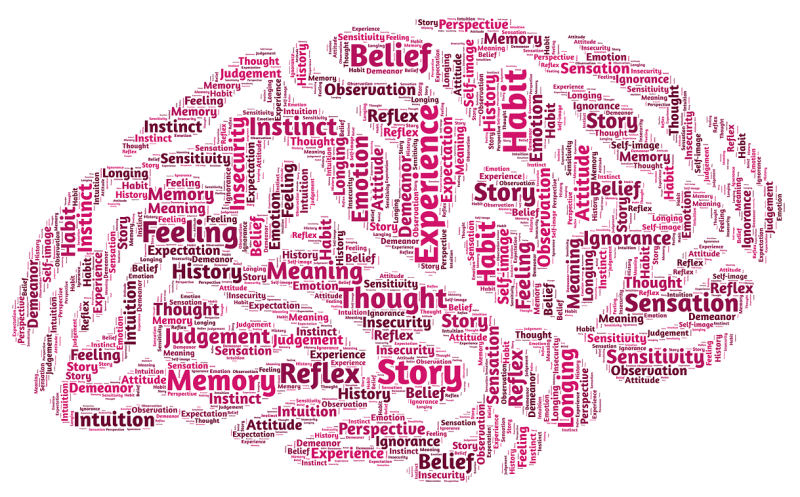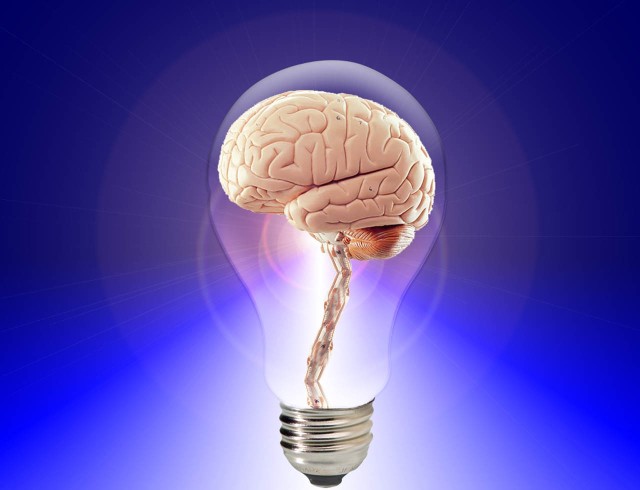I was planning to write this post for some time. But then life happened, and I have a new PC, so it took me a while to stop playing with my new toy and get back to work. 😉 I’m now enjoying a Dell machine (after being a devoted HP user) with Windows 10 on it. So far I love it. I haven’t tried any numerical modeling soft yet, but I’m thinking it will run just fine. I’m looking at that MITgcm again (virtual machine for Linux, though). It certainly can work out now. *Happy Dance*
Now, onto the topic of this post, where I’ll be attempting to examine a genre of Epic. In my case that would be epic science fiction and how it differs from space opera.
I never classified Falaha’s Journey as an epic. Because when I wrote it, epic was not on my mind at all. In my head I refer to this story just a story. Not science fiction, or anything else. Though it is a hard science fiction story among other things.
Now, while working on Rjg (I made it halfway through chapter six and then returned to chapter one to rewrite it), I realized that I don’t have a fixed genre for this story as well. It is science fiction, but it is not quite the standard candle. It fits the epic slot quite well.
Epic. I had a few people call Falaha that and after some analysis of the subject I have to agree on the designation. It is an epic and a just little bit of a space opera.
I’m somewhat familiar with epic literature. I’ve read Homer and Virgil, and some of Plato’s poems. And, of course, the Epic of Gilgamesh among others.
So I dug around to learn the details of what an epic actually is. What are the characteristics of an epic?
My general knowledge was that it has a hero, and the said hero does some important deeds on the scale of a nation or civilization. Turns out, to some extent, I wasn’t far from truth in my subtle hunch.
Reading Epic: An Introduction to the Ancient Narratives gives quite a detailed insight into the genre and its roots. In short,
For Greece and Rome this is the simplest explanation: it is a long narrative written in hexameters (or a comparable vernacular measure) which concentrates either on the fortunes of a great hero or perhaps a great civilization and the interactions of this hero and his civilization with the gods (Merchant 1971: vii).
Of course, this is not a description of a full range of ancient epic literature. It’s quite a complex genre to grasp. But in terms of themes, first of all
heroism and the hero are at the very heart of mythological and historical epic. Praise of the glory of heroes (klea andron) is perhaps the basis of the concept of heroism.
In many instances the hero is also the face of his civilization.
Then, the epic continuously stresses the relationship of said heroes with their parents — particularly fathers, since the epic is a patriarchal world.
Third, religion is important in epic.
And lastly, nostalgia and glorification of bygone eras accounts for the appeal of the epic narrative.
If we take a description of epics in modern cinema, that would be
Epic film is a genre that takes historical events and people and interprets them in a larger scale. Historical accuracy is not the main focus in Epics, but rather the telling of a grandiose story.
Epic film subgenres are biopics (dramatize the life of a significant person in history), historical (about a particular time in history), war (these look at the reality of war on a grand scale), and religious (focus on important religious leaders as well as stories of religious significance). I’m sure the same things are present in literature.
Certainly, epics share some similarity with space opera.
Hartwell and Cramer (Hartwell and Cramer 2008, Introduction, pp. 10-18.) define space opera as
colorful, dramatic, large-scale science fiction adventure, competently and sometimes beautifully written, usually focused on a sympathetic, heroic central character and plot action, and usually set in the relatively distant future, and in space or on other worlds, characteristically optimistic in tone. It often deals with war, piracy, military virtues, and very large-scale action, large stakes.
Science fiction is the genre that probably has as many definitions as there are authors. Some of them share much in common, some have different approaches to the genre, which shifts as culture and technology shifts. I’m not going to touch the topic of subgenres here, they bring in additional defining characteristics (as the space opera above).
The formal definitions of SF fairly closely resemble the sets of protocols for writing genre SF, yet no fully satisfactory definition of SF exists. Some more definitions can be found here.
Since I write what is called hard science fiction, my own definition of science fiction would be a genre in which the story setting — the world — is grounded in the tenets of scientific thinking. In the worlds created for this genre it is accepted that there is nothing besides a physical reality and that everything is, in principle if not in practice, explainable and governed by physical laws. Even if a story in this genre employs FTL, or time travel, it is assumed that this is somehow (and yet better — explained) a physical possibility and that it is not done by supernatural means. Thus, if technological and/or scientific basis is taken away from such a story, it collapses. Civilizations and cultures also follow the laws, e.g. those of biology, according to which they evolve and work. There are realistic underlying principles that allow — or don’t allow — things to happen.
So, if I put it all together, an epic science fiction tale would be a dramatic, universe-spanning science-fiction adventure (or at least a planet-scale one, depending on the time-period — space setting is not a necessity) of epic proportions (and sharing epic themes — e.g. glorification of the future time period and/or setting), espousing, at its core, elements or scenarios that focus on the more positive, more optimistic, larger-than-life, heroic vein, which runs counter to the real world’s colder, darker, mostly negative version of reality.
What do you think? How would you define epic science fiction?




